Myths of an Aging Workforce
The financial pressure to retire later is strong. The job market is woeful for younger workers. But that doesn't mean baby-boomers are hogging the jobs.
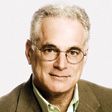
Profit and prosper with the best of Kiplinger's advice on investing, taxes, retirement, personal finance and much more. Delivered daily. Enter your email in the box and click Sign Me Up.
You are now subscribed
Your newsletter sign-up was successful
Want to add more newsletters?

Delivered daily
Kiplinger Today
Profit and prosper with the best of Kiplinger's advice on investing, taxes, retirement, personal finance and much more delivered daily. Smart money moves start here.

Sent five days a week
Kiplinger A Step Ahead
Get practical help to make better financial decisions in your everyday life, from spending to savings on top deals.

Delivered daily
Kiplinger Closing Bell
Get today's biggest financial and investing headlines delivered to your inbox every day the U.S. stock market is open.

Sent twice a week
Kiplinger Adviser Intel
Financial pros across the country share best practices and fresh tactics to preserve and grow your wealth.

Delivered weekly
Kiplinger Tax Tips
Trim your federal and state tax bills with practical tax-planning and tax-cutting strategies.

Sent twice a week
Kiplinger Retirement Tips
Your twice-a-week guide to planning and enjoying a financially secure and richly rewarding retirement

Sent bimonthly.
Kiplinger Adviser Angle
Insights for advisers, wealth managers and other financial professionals.

Sent twice a week
Kiplinger Investing Weekly
Your twice-a-week roundup of promising stocks, funds, companies and industries you should consider, ones you should avoid, and why.

Sent weekly for six weeks
Kiplinger Invest for Retirement
Your step-by-step six-part series on how to invest for retirement, from devising a successful strategy to exactly which investments to choose.
The list of ills still weighing down the U.S. economy is long. Employers haveretrenched since 2007, and the nation's unemployment rate is at 8.6%, 30 monthsafter the recession officially ended. Wage gains are paltry for anxiousworkplace survivors. Income inequality has widened dramatically in a nationwhere equality of opportunity ranks among the central tenets in history. Themood is fearful and the anger raw on talk radio, the Internet, and in thepolitical arena, from the Tea Party to Occupy Wall Street to Capitol Hill.
As if that weren't enough, it now appears that intergenerational conflict hasbeen added to the list of grievances. Aging baby-boomers are reluctant to quittheir jobs. They've gotten the message that the safest retirement plan is tokeep earning an income during the years when an earlier generation of workerssaid goodbye to their colleagues. The graying of the workforce limits thenumber of job slots available to young adults and also blocks the promotionpipeline.
The numbers seem to support this argument. For example, the labor forceparticipation rate -- the percentage of the working-age population in theworkforce -- for those 65 and over reached 18.2% in November -- up 11.6 % from the beginning of the last recession in December 2007. The participation rate for the 55 and older demographic rose during the same period by 3.6%, to 40.3%. In sharp contrast, the participation rate of 25-to-54-year-olds is down 2.17%. The decline for 16-to-24-year-olds in the labor force is 6.3%.
From just $107.88 $24.99 for Kiplinger Personal Finance
Become a smarter, better informed investor. Subscribe from just $107.88 $24.99, plus get up to 4 Special Issues

Sign up for Kiplinger’s Free Newsletters
Profit and prosper with the best of expert advice on investing, taxes, retirement, personal finance and more - straight to your e-mail.
Profit and prosper with the best of expert advice - straight to your e-mail.
There's no question the financial pressure to retire later is strong. There'salso no doubt that the job market is inhospitable to younger workers, includingnewly minted college graduates.
Just doing what makes sense
Yet the incendiary notion of an intergenerational conflict over scarce jobsdoesn't withstand scrutiny. "From a public policy point of view, it's wrong toblame older folks who are healthy and still working, especially when SocialSecurity and Medicare benefits are under threat, and fewer employers areproviding retiree health benefits," says Joseph Quinn, an economist at BostonCollege and an expert on retirement. "The inference is that the older workersare being selfish, whereas in fact those who can and do work a little longerare being sensible. It's the job of the macroeconomy to create jobs for peoplewho want them."
Quinn is spot on. The basic narrative of the current job market is how bad itis for everyone -- young, middle-aged and older, male and female,college-educated and less-educated. Of course, some groups are doing betterthan others -- college graduates versus high school dropouts, for example. Yetevery group has a legitimate grievance about work. Instead of highlightingintergenerational conflict, it makes more sense to focus on a shared experienceamong the generations.
Blame the economy
The current job tension between younger and older workers is the consequence of a poorly performing economy. Job lock isn't a permanent condition. For example,a March 2011 survey by Met Life found that one in three employees surveyedhoped to be working somewhere else within the next 12 months. Even morestriking, a November survey by Civic Ventures, a San Francisco-based think tank, found some 25 million Americans between the ages of 44 and 70saying they want to start their own business or create a nonprofit venture over the following five to ten years.
"The baby-boomers aren't going to retire," says David Stillman, co-founder ofBridgeWorks, a consulting firm specializing in generational issues in theworkplace. "But when the gloom lifts, we could see a mass exodus ofbaby-boomers who have kept their mouths shut but are eager to leave theiremployer. I predict we'll see boomers go into nonprofits and start-ups, placeswhere they can make a difference."
Experience also warns against facile theories about job conflicts. For thosereaders with memories forged during the '70s and '80s, remember how commonplace it was to blame the growing number of women entering the workforce for blocking opportunities for men? It was wrong then, and some two decades later the idea has been laid to rest.
Similarly, in the early '90s the popular job conflict to fret over was betweenimmigrants and native-born Americans. Yet economists have carefully documentedthat from high-flying Silicon Valley to rejuvenated urban neighborhoods,newcomers increased the size of the U.S. economic pie rather than reducing it.
There are many things disturbingly wrong with the economy. Generational warfarefor a limited number of job slots shouldn't be and won't be one of the concerns-- at least not when the economy is healthy again. So, to use a baby-boomersaying, older workers should "keep on keeping on." Hopefully, at a job thatoffers meaning and flexibility, as well as a paycheck.
Profit and prosper with the best of Kiplinger's advice on investing, taxes, retirement, personal finance and much more. Delivered daily. Enter your email in the box and click Sign Me Up.
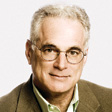
-
 How Much It Costs to Host a Super Bowl Party in 2026
How Much It Costs to Host a Super Bowl Party in 2026Hosting a Super Bowl party in 2026 could cost you. Here's a breakdown of food, drink and entertainment costs — plus ways to save.
-
 3 Reasons to Use a 5-Year CD As You Approach Retirement
3 Reasons to Use a 5-Year CD As You Approach RetirementA five-year CD can help you reach other milestones as you approach retirement.
-
 Your Adult Kids Are Doing Fine. Is It Time To Spend Some of Their Inheritance?
Your Adult Kids Are Doing Fine. Is It Time To Spend Some of Their Inheritance?If your kids are successful, do they need an inheritance? Ask yourself these four questions before passing down another dollar.
-
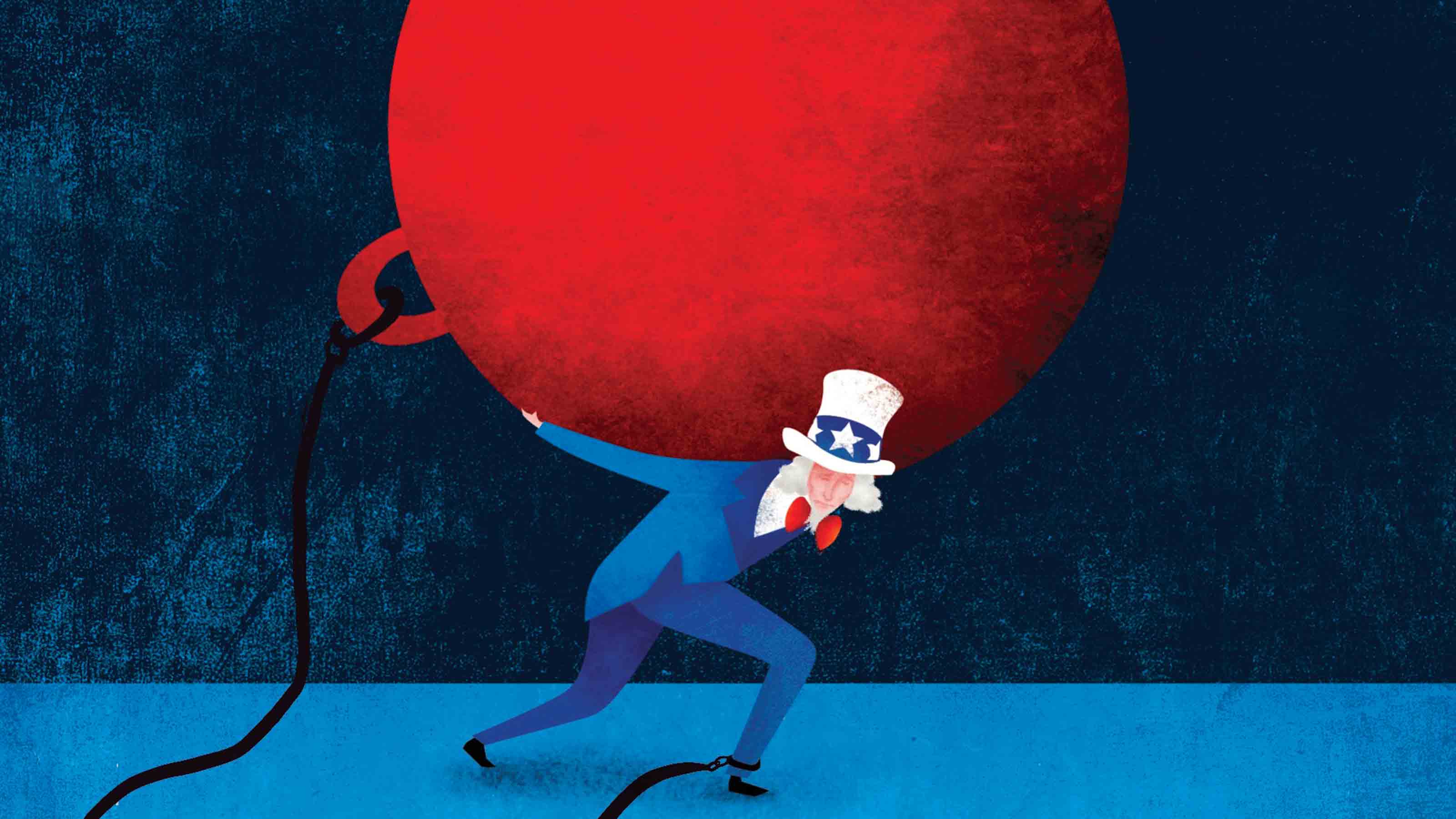 Federal Debt: A Heavy Load
Federal Debt: A Heavy LoadEconomic Forecasts The debt continues to grow, but record-low interest rates could ease the long-term damage.
-
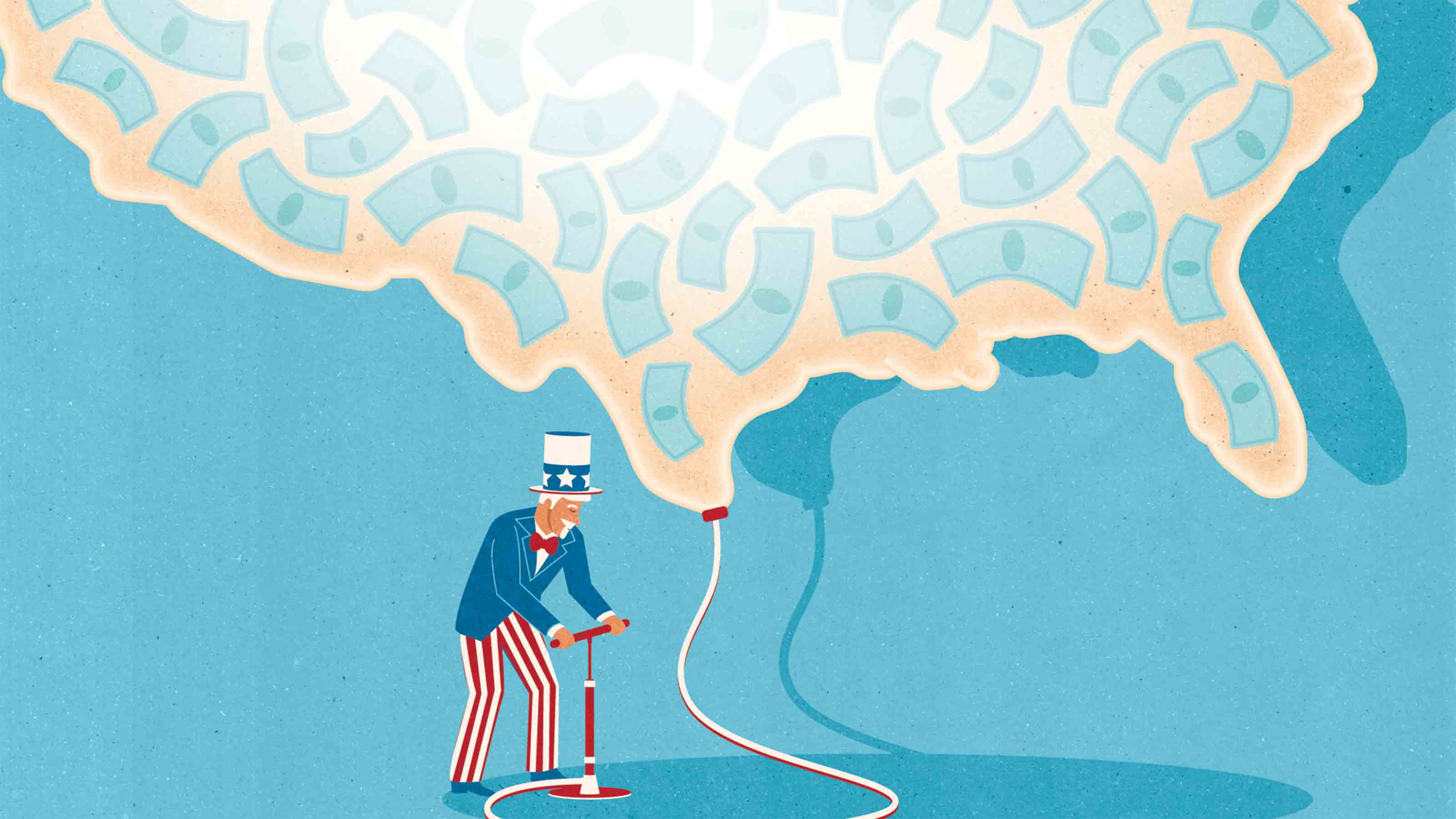 How the Fed's Moves Affect You
How the Fed's Moves Affect YouEconomic Forecasts It’s pumping trillions of dollars into the economy and keeping rates near zero. Savers are sunk, but borrowers get a boost.
-
 U.S. Manufacturing Is Already Ailing from Coronavirus
U.S. Manufacturing Is Already Ailing from CoronavirusEconomic Forecasts Supplies are hard to come by, and in the longer-term demand may be at risk.
-
 Consumers Will Feel Impact of Rapidly Falling Interest Rates
Consumers Will Feel Impact of Rapidly Falling Interest RatesEconomic Forecasts Mortgage and car loans will experience the most significant dips, while some holders of Treasuries may get a slight boost.
-
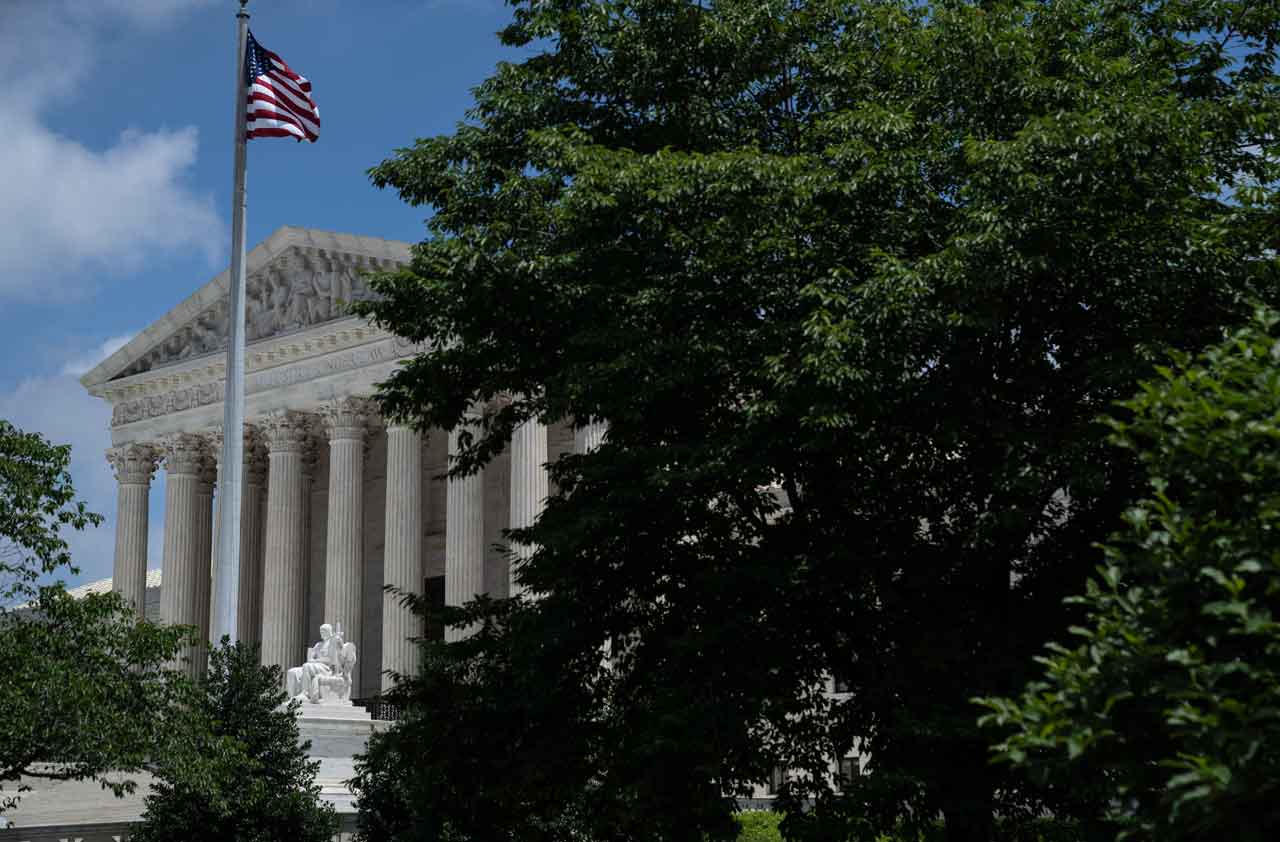 Will You Have to Pay More Sales Taxes on Your Online Purchases?
Will You Have to Pay More Sales Taxes on Your Online Purchases?business One thing’s for sure: Consumers who live in one of the five states without a sales tax won’t be affected by the Supreme Court’s ruling.
-
 What to Expect From the New Fed Chief
What to Expect From the New Fed ChiefEconomic Forecasts By and large, Jerome Powell will move along the path set by his predecessor.
-
 How a Border Tax Would Affect You
How a Border Tax Would Affect YouBusiness Costs & Regulation A plan to limit imports could raise prices but also create more jobs.
-
 A Housing Shortage Looms: Builders Can’t Keep Up
A Housing Shortage Looms: Builders Can’t Keep Upbusiness Starter homes especially are becoming scarce.